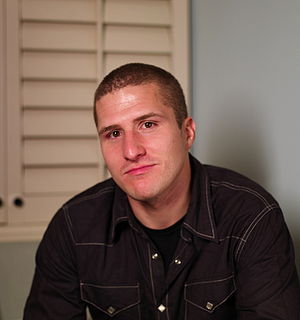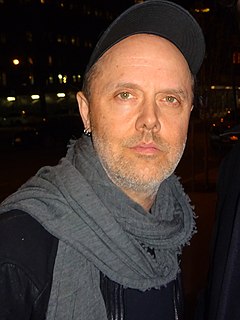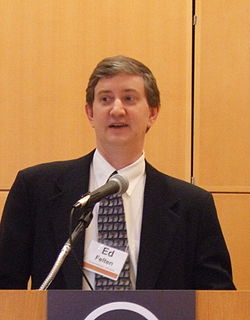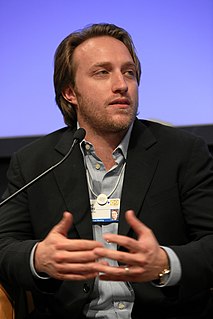A Quote by David Boies
Napster's only alleged liability is for contributory or vicarious infringement. So when Napster's users engage in noncommercial sharing of music, is that activity copyright infringement? No.
Related Quotes
Under the 1998 Digital Millennium Copyright Act, Tumblr, YouTube, Reddit, WordPress, and Facebook aren't responsible for the copyright infringement of each of their millions of users, so long as they take down specific posts, videos, or images when notified by copyright holders. But copyright holders thought that wasn't good enough.


































